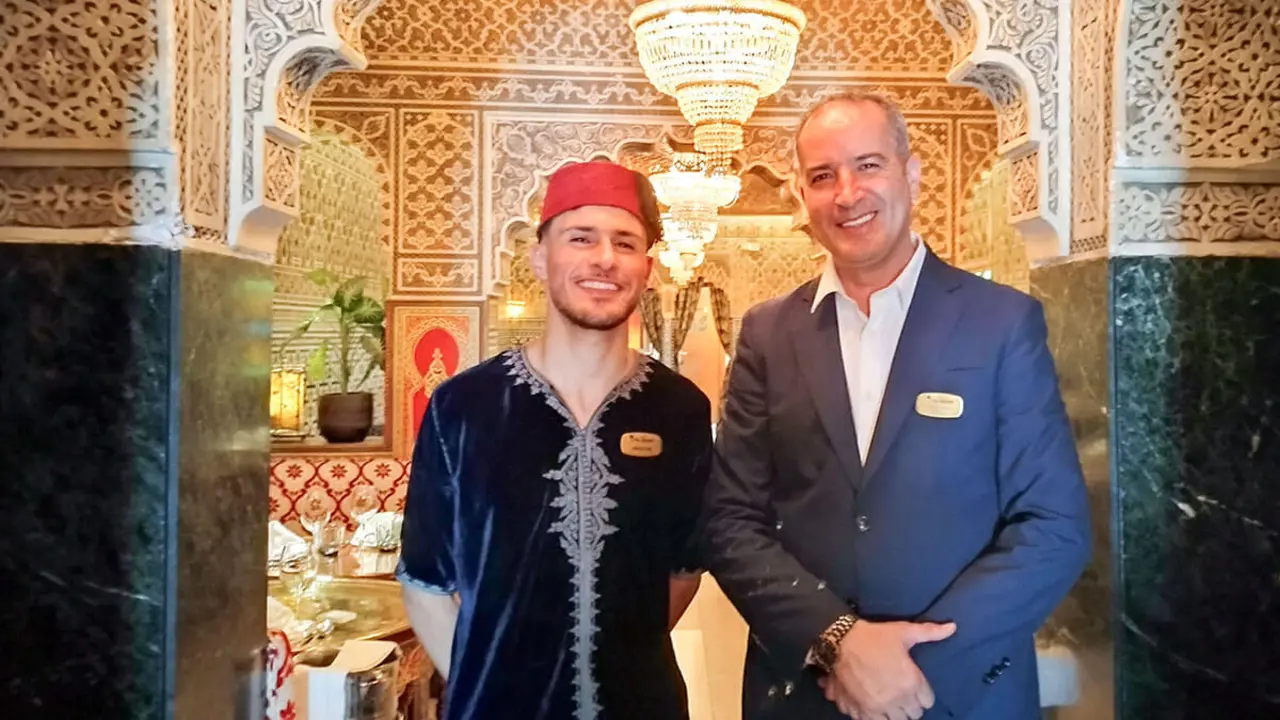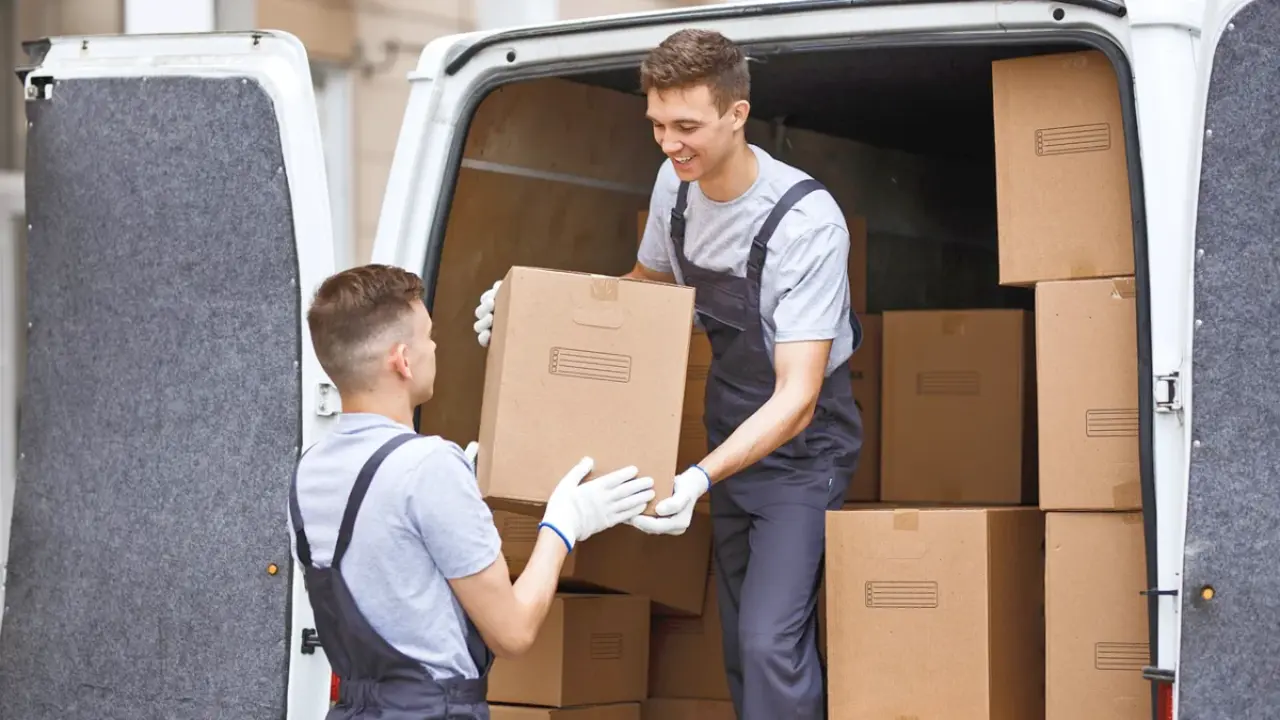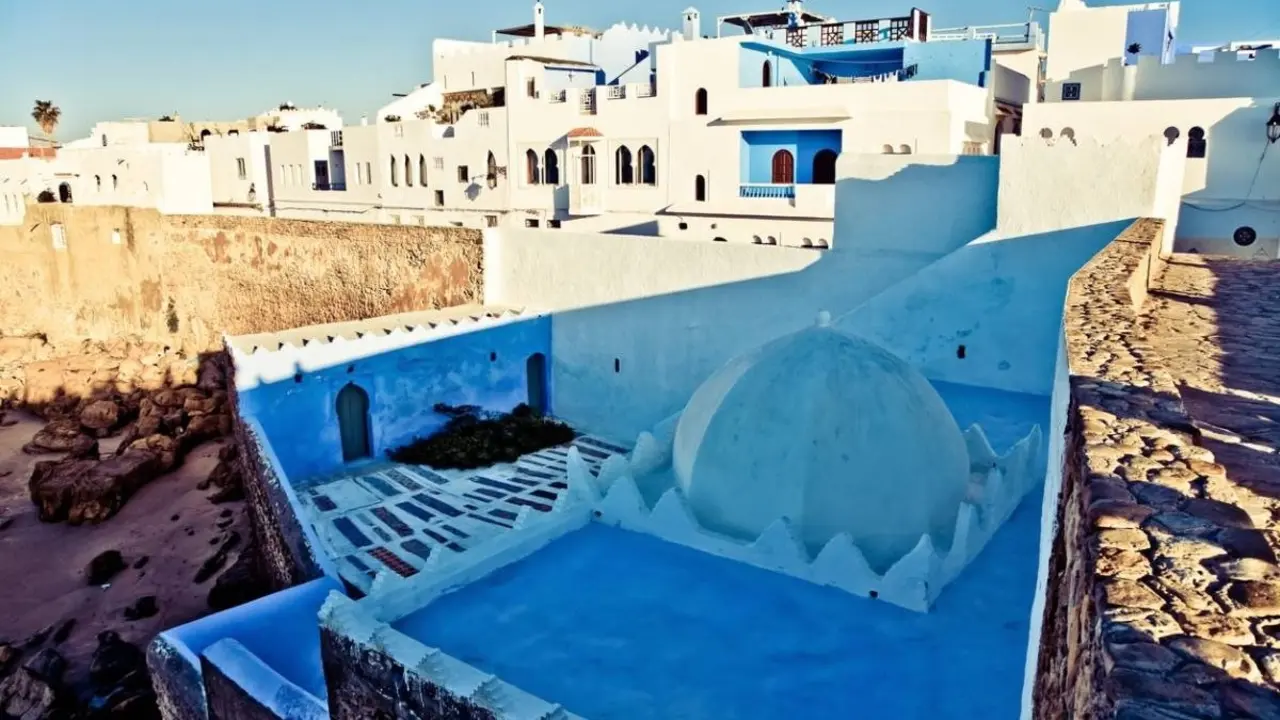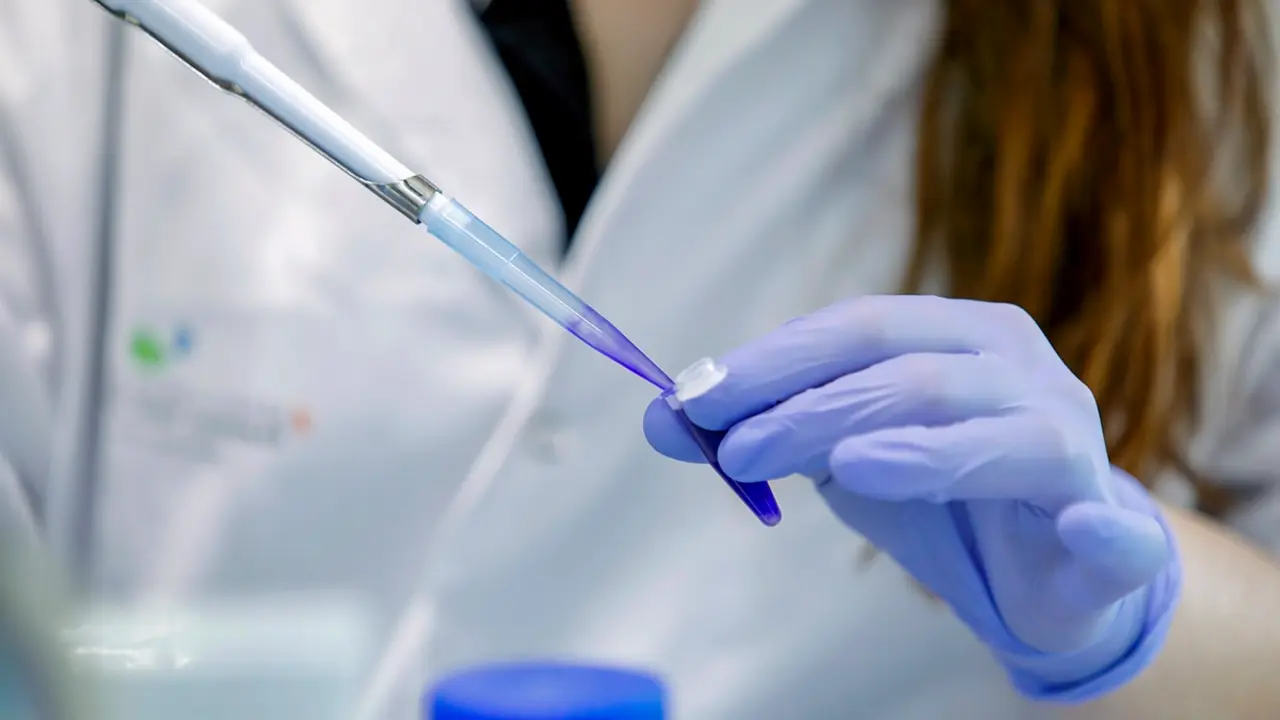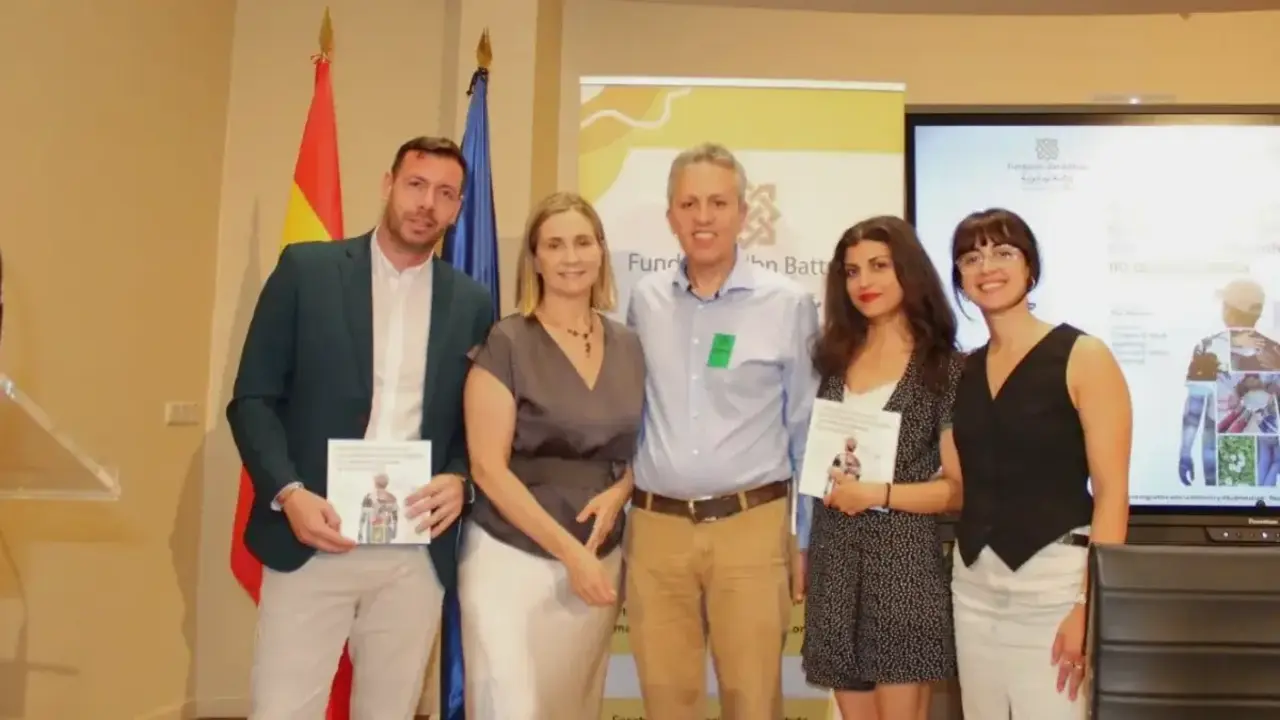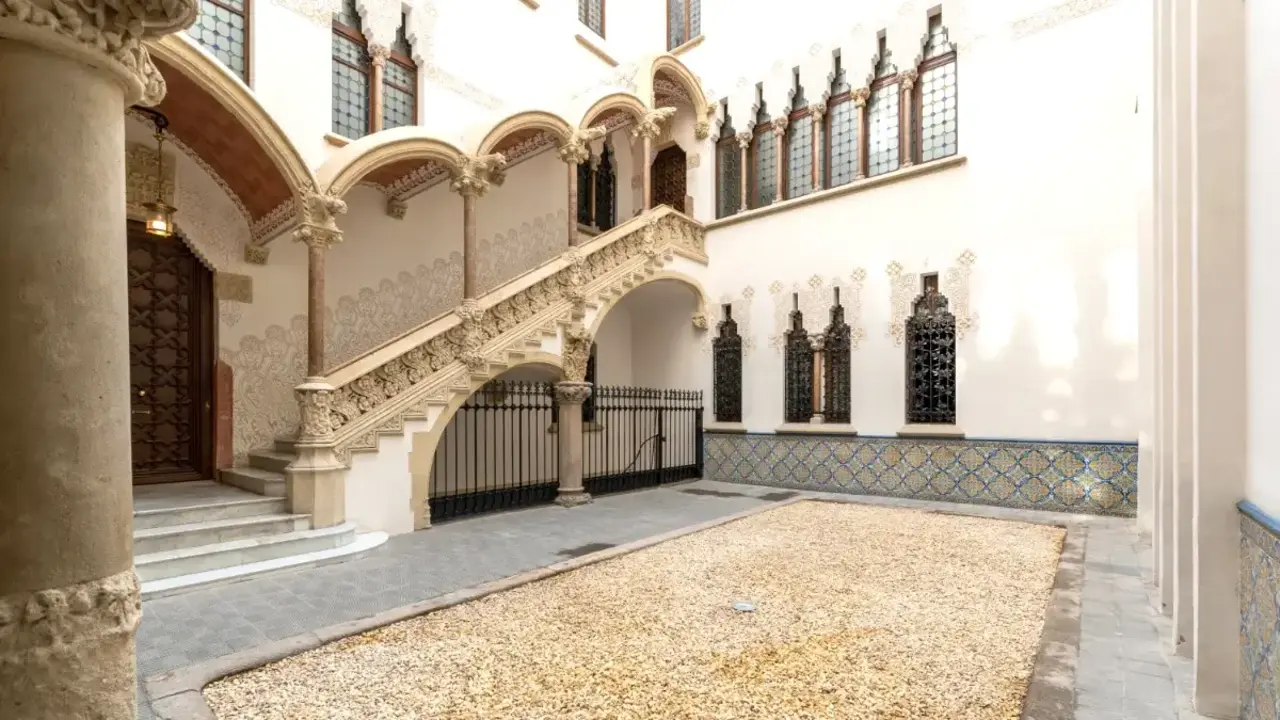Two-speed vaccine against COVID-19
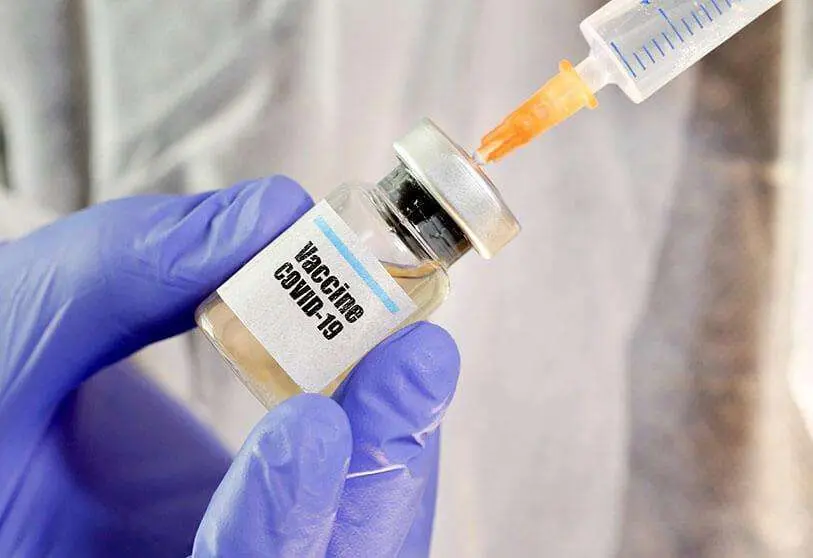
This is the A-side and B-side of vaccination. The unequal distribution of the vaccine between rich and poor could jeopardise the global battle against COVID-19, and even jeopardise the return to normality in some countries in the next five years. Vaccination campaigns in Europe, North America, China and the Gulf countries are running at cruising speed, while in Africa and Southeast Asia, doses are arriving in dribs and drabs.
The same reality and the two speeds are keeping the rich countries away from the poor countries. Some studies - such as the latest one published by Oxfam Intermón on the occasion of the Davos Forum - indicate that 90% of the population in poor countries will not be able to be vaccinated by 2021, unless governments and the pharmaceutical industry adopt urgent measures to ensure the doses. Lara Contreras, head of content and advocacy at Oxfam Intermón, warns that "only the increase in the fortunes of the ten richest people on the planet could pay for the vaccination of everyone in the world and part of the economic impact of the pandemic".
But the eyes of the world are on Israel, which has managed to bend the infection curve with a massive vaccination plan among the population and tight restrictions. At a rate of 200,000 vaccinations per day and 400 vaccination centres, Israel's vaccination plan looks very much like a military operation.
According to The Times of Israel, the very low rate of infection among those who have received the second dose is said to be more than 95 per cent effective. Israel is the country with the highest percentage of vaccinated people and the drop in the number of cases is dramatic, as well as a 60% drop in hospitalisations of people over 60 years of age. The next step will be to prioritise the vaccination of 16-18 year olds so that they can take their secondary school exams safely.
China, the country where the virus was born, is another example in the management of vaccination. More than 22 million Chinese have already received at least the first dose. And Xi Jinping's government has set a target of 50 million immunised by the Lunar New Year holiday, which falls between 11 and 17 February in 2021.
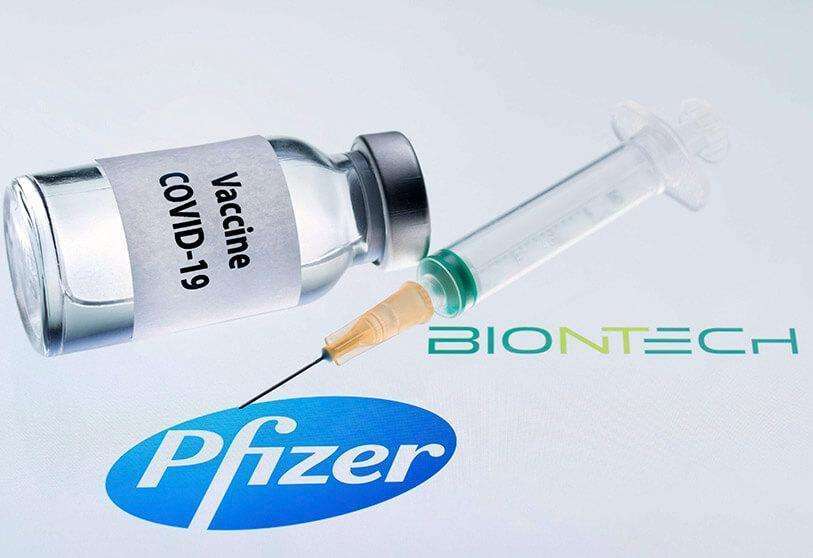
In Central and South America they have started vaccinating Brazilians, Argentinians, Costa Ricans and Chileans, while countries in the same hemisphere such as Mozambique, Cameroon or Ethiopia - without bilateral agreements and in the low income bracket of the COVAX mechanism - assume that they might not receive the vaccine until next year. At the other end of the spectrum is Canada, which will have a stockpile to vaccinate up to five times its population. But how to combat the excesses? The head of vaccination at Médecins Sans Frontières, Miriam Alía, admits that "the way to combat this stockpiling of doses by rich countries is for the WHO to oblige pharmaceutical companies to guarantee part of their production for poor countries through COVAX. And on the other hand, that states that have a surplus of vaccines offer these countries a financed purchase".
On January 22nd an agreement was announced between Pfizer and the WHO to buy 40 million doses through COVAX that will go to poor countries. The head of vaccination at Médecins Sans Frontières regrets that for the moment only 2% is being allocated to third world countries. "This 2% means that only 20 million people have been committed to receive doses. And in COVAX there are 92 low- and middle-income countries that do not have bilateral agreements with other laboratories". Those countries will be left out and will probably not get the vaccine until well into 2022.
WHO's Director-General acknowledges that there is nothing to be gained from a two-speed vaccine. Tedros Adhanom Ghebreyesus warned in one of his recent speeches that "the world is on the brink of a catastrophic moral failure if poor countries do not have access to the vaccine" because of the selfish attitude of rich countries. “It’s right that all governments want to prioritize vaccinating their own health workers and older people first,” he said. “But it’s not right that younger, healthier adults in rich countries are vaccinated before health workers and older people in poorer countries. There will be enough vaccine for everyone.” Tedros Adhanom adds that "the price of this failure will be paid with lives and livelihoods in the world's poorest countries". He criticises that the rich have monopolised vaccines to the detriment of the poorest countries. He calls on the richer countries not to be selfish and on the big pharmaceutical companies to put greed to one side.
For the time being, the pharmaceutical companies Pfizer-BioNTech, AstraZeneca and Moderna have already obtained authorisation for emergency use in different parts of the world. More than 39 million doses have been inoculated worldwide, although only about 50 countries are administering them.
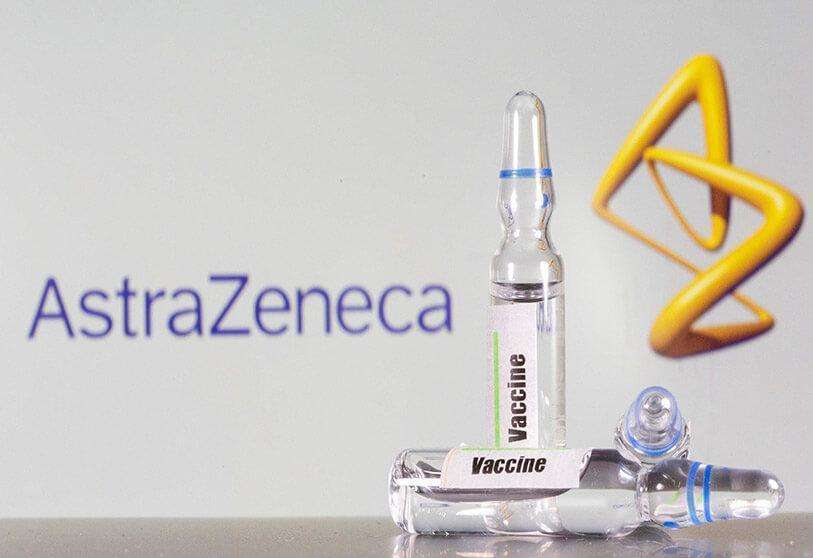
The big laggard in the vaccination race is Africa, where the vaccine is still conspicuous by its absence. The WHO and the African Centres for Disease Control warn of a backlog that could take its toll. Due to limited resources to procure and maintain doses without breaking the cold chain, the absence of bilateral agreements with laboratories and problems of public acceptance, the idea of achieving herd immunity on the African continent next year is virtually ruled out. Phiona Atuhewbe, head of New Vaccine Introduction at the WHO in Africa, says that "it is unrealistic to believe that we will reach 60% of the population immunised in one year", and to achieve this, Phiona Atuhewbe acknowledges that it would require at least $12 billion (9.8 billion euros), which African governments do not have.
For the World Health Organisation, the solution could come with AstraZeneca's vaccine. It is cheaper than the others, easier to distribute and easier to store than the more complex and technological Pfizer-BioNTech and Moderna vaccines. According to data from Duke University's Center for Global Health Innovation, more than half of all vaccines have been acquired by rich countries (representing 14% of the world's population).
Freeing the patents and intellectual property of vaccines would allow them to be produced generically for poor countries. For the moment, this initiative has been rejected by the big pharmaceutical companies. Miriam Alía, head of vaccination at Médecins Sans Frontières, believes that "a provisional end to patents is key to guaranteeing that countries with lower incomes have access to vaccines". The debate is currently underway at the World Trade Organisation, following an initiative by India and South Africa - backed by more than 100 other countries - demanding that the vaccine be considered a public good.

